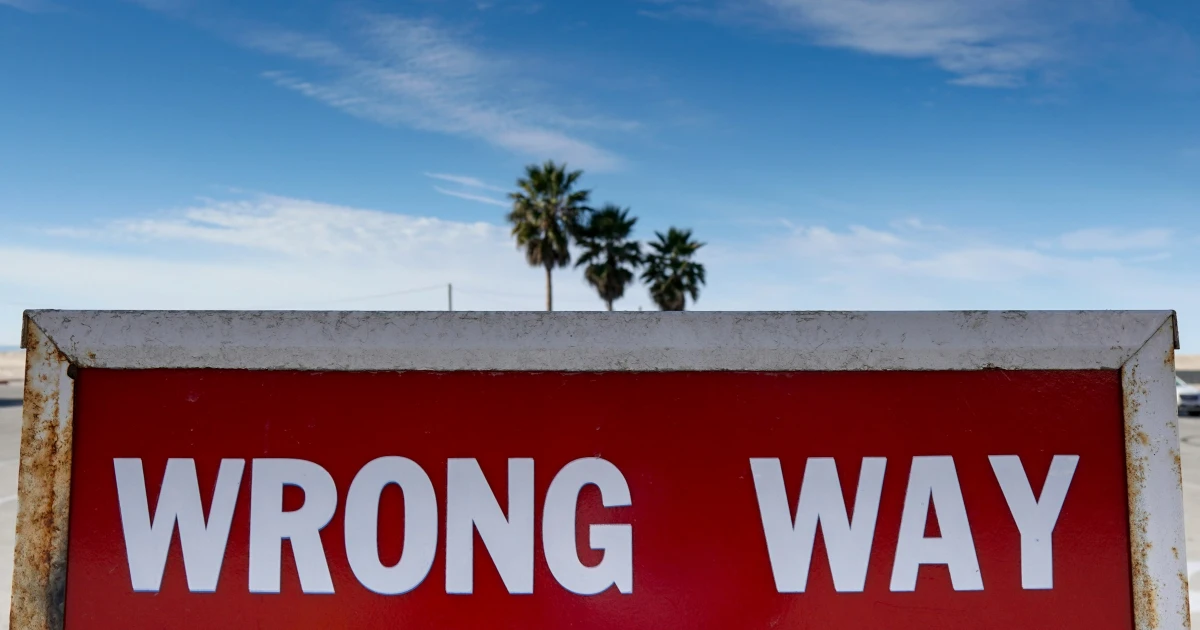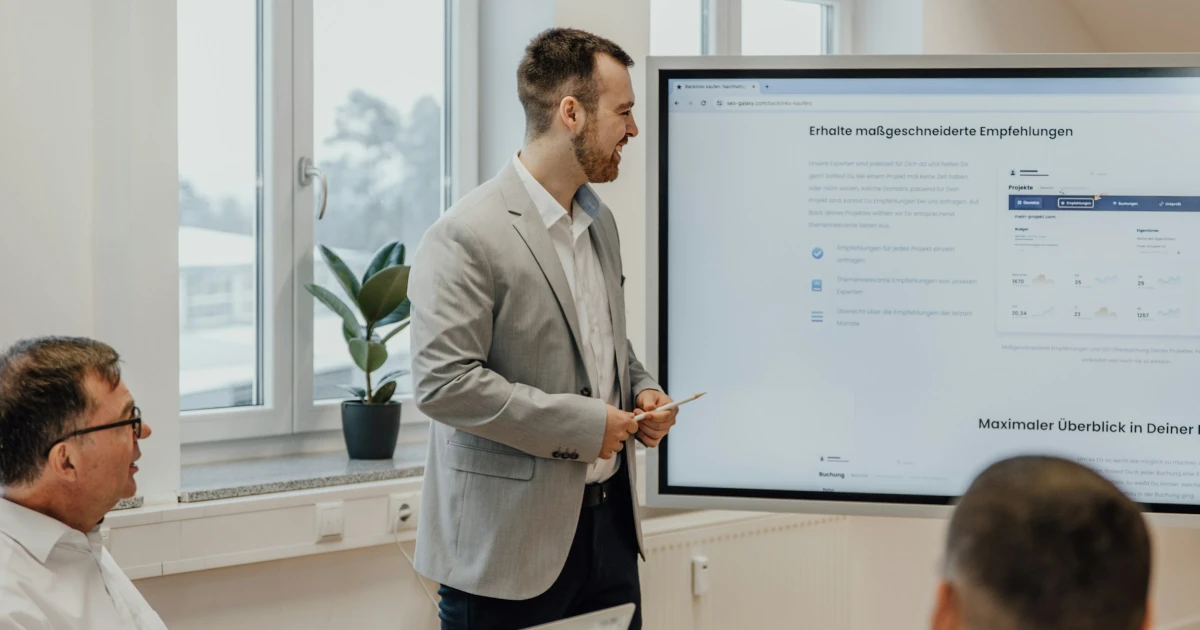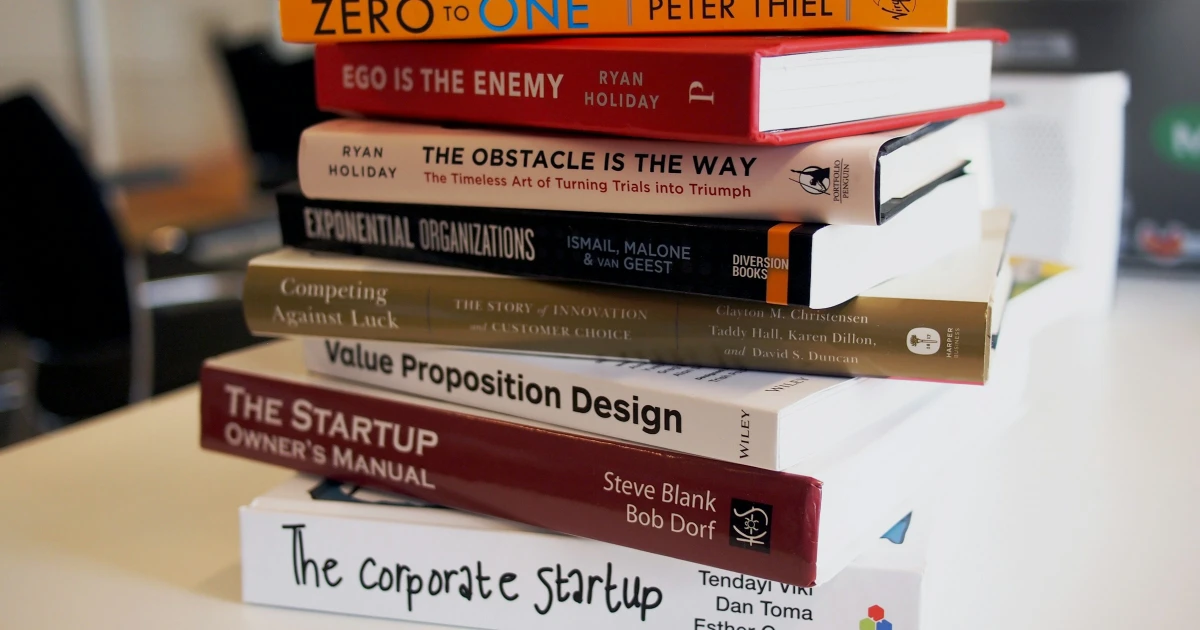The first few years for a startup are crucial for its overall foundation. With the failure rate among new businesses as high as 90% in the first 12 months of activity we have a wide pool of startups going bankrupt year by year. Not to mention that even if we manage to get past the first period, statistics are still against us -
Failure is most common for startups during years two through five, with 70% falling into this category - Failory
But that’s not a pessimistic view of the market. That’s the reality - and the reality shows us that while a lot of startups fail, many succeed as well. And it’s usually the latter that gives us the most opportunities to get inspired. Startups that succeed are usually innovative, they read the market demand very well and provide customers with value. We have seen such startups being created by highly passionate founders and raised to their peak by skilled and hard-working employees and smart business strategies.
But more on that with another occasion. Today it’s about the former category of startups. One in which we can find Domm Holland’s company - Fast. But… we can no longer find it anywhere due to a series of unfortunate business performances and miscalculated promises. Yet we can learn something from it.
Startups like this fail for various reasons, some of which are poor judgment in top management, lack of investments from outside, bad funds allocation, difficulties in generating revenues, high competition, and many more.
But in Fast’s example, it’s quite amazing how nobody thought to put everything under a skeptical eye and see the flaws in the company’s business model.
Fast was a one-click checkout option aimed at increasing the conversion rate of online sales by decreasing the friction in the checkout process. As customers surfing through a website that implemented Fast as their partners, we could complete our personal information once, and then every time we needed them they were 1 click apart. We can see why that would be useful.
Now you might be thinking - this seems like something that we already have. And you’re right. Amazon introduced this one-click checkout option so long ago that its patent for it expired in 2017. As you’d expect, the competition started to rise among entrepreneurs and companies that wanted a piece of the newly opened opportunity. After all, e-commerce is huge, and the Covid-19 pandemic made everyone even more prone to buying stuff online, so it only made sense for a visionary like Domm Holland to jump on the trend.
However, Fast was not his first failure story. Domm Holland’s previous venture was involved “in a multimillion-dollar billing dispute with the Australian state government over towing and impounding fees that led to the startup’s liquidation in 2018.”
So Holland created Fast in March 2019 and managed to get the well-known financial service provider Stripe to lead both the company’s series A and B of funding. By 2021 the company secured more than $100 mil in investments and was valued at almost $600 mil. But here comes the problem - its business model was neither sustainable nor its founders making the best decisions.
Subscribe to our newsletter
Domm Holland had a vision for the company. And a very expansionary one indeed.
He envisioned its product being implemented everywhere and as fast as possible. After all, they need to think about big scales to make a profit in the payments industry. That is because Fast needed to take a small commission out of every transaction, and still be able to make it add up to a profitable total. And they needed to move fast since everyone else was working on the same idea - think of Paypal, Google Chrome, Apple Pay, Stripe, and even startups like Bolt and Checkout.com.
But Fast was burning too much of its investor's money on expanding to new countries, growing its team, and undergoing questionable investments. All of this while its revenue stream couldn’t keep up. In the pitch decks for its investments series, the company could only cherry-pick information that couldn’t pass the test of time. The actual financials were not useful at all.
The numbers were so concerning that for the 2021 financial year Fast reported a total revenue stream of around $600.000.
Think about it for a second - less than 1 million dollars in a year for a company that was undergoing constant personnel increase. By the end of 2021, the company had hundreds of people on its payroll, and that was not even the biggest problem. They were spending money on rather extravagant ideas, some of which were useful partnerships, but also expensive deals with sports teams, celebrities, and finally parties. To point out just how “fast” they were burning money, by the end of 2021 the company was spending around $10mil a month. That’s quite a lot of spending for a company generating almost half a million in a WHOLE year.
By the time Fast wanted to undergo its third Series of funding, investors had started to get more skeptical. After all, the pot will go to the well until it breaks. And with so much spending and so little revenue, by April 2022 the company declared its operations closed. And Domm Holland proved once more that he was all “mouth” and not so much “results”. He even stated that his company that it was a trailblazer that paved the way for other companies.
So the future will see a tight attitude among VC firms and investors when deciding which startups get funding. That is mainly because of young and talented entrepreneurs such as Domm Holland, Adam Neumann (WeWork), and Travis Kalanick (Uber) proving over and over again that there should be more than just good storytelling to back up a successful company.
But in Fast’s example, it’s quite amazing how nobody thought to put everything under a skeptical eye and see the flaws in the company’s business model.
Fast was a one-click checkout option aimed at increasing the conversion rate of online sales by decreasing the friction in the checkout process. As customers surfing through a website that implemented Fast as their partners, we could complete our personal information once, and then every time we needed them they were 1 click apart. We can see why that would be useful.
Now you might be thinking - this seems like something that we already have. And you’re right. Amazon introduced this one-click checkout option so long ago that its patent for it expired in 2017. As you’d expect, the competition started to rise among entrepreneurs and companies that wanted a piece of the newly opened opportunity. After all, e-commerce is huge, and the Covid-19 pandemic made everyone even more prone to buying stuff online, so it only made sense for a visionary like Domm Holland to jump on the trend.
However, Fast was not his first failure story. Domm Holland’s previous venture was involved “in a multimillion-dollar billing dispute with the Australian state government over towing and impounding fees that led to the startup’s liquidation in 2018.”
So Holland created Fast in March 2019 and managed to get the well-known financial service provider Stripe to lead both the company’s series A and B of funding. By 2021 the company secured more than $100 mil in investments and was valued at almost $600 mil. But here comes the problem - its business model was neither sustainable nor its founders making the best decisions.
Subscribe to our newsletter
Domm Holland had a vision for the company. And a very expansionary one indeed.
He envisioned its product being implemented everywhere and as fast as possible. After all, they need to think about big scales to make a profit in the payments industry. That is because Fast needed to take a small commission out of every transaction, and still be able to make it add up to a profitable total. And they needed to move fast since everyone else was working on the same idea - think of Paypal, Google Chrome, Apple Pay, Stripe, and even startups like Bolt and Checkout.com.
But Fast was burning too much of its investor's money on expanding to new countries, growing its team, and undergoing questionable investments. All of this while its revenue stream couldn’t keep up. In the pitch decks for its investments series, the company could only cherry-pick information that couldn’t pass the test of time. The actual financials were not useful at all.
The numbers were so concerning that for the 2021 financial year Fast reported a total revenue stream of around $600.000.
Think about it for a second - less than 1 million dollars in a year for a company that was undergoing constant personnel increase. By the end of 2021, the company had hundreds of people on its payroll, and that was not even the biggest problem. They were spending money on rather extravagant ideas, some of which were useful partnerships, but also expensive deals with sports teams, celebrities, and finally parties. To point out just how “fast” they were burning money, by the end of 2021 the company was spending around $10mil a month. That’s quite a lot of spending for a company generating almost half a million in a WHOLE year.
By the time Fast wanted to undergo its third Series of funding, investors had started to get more skeptical. After all, the pot will go to the well until it breaks. And with so much spending and so little revenue, by April 2022 the company declared its operations closed. And Domm Holland proved once more that he was all “mouth” and not so much “results”. He even stated that his company that it was a trailblazer that paved the way for other companies.
So the future will see a tight attitude among VC firms and investors when deciding which startups get funding. That is mainly because of young and talented entrepreneurs such as Domm Holland, Adam Neumann (WeWork), and Travis Kalanick (Uber) proving over and over again that there should be more than just good storytelling to back up a successful company.




.webp)











